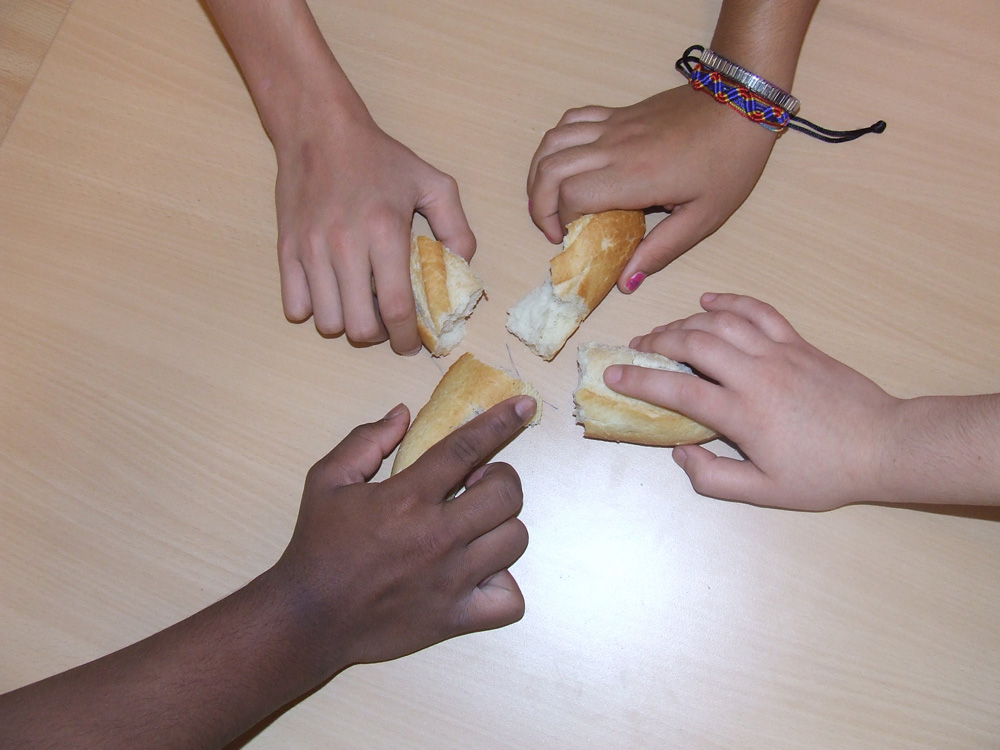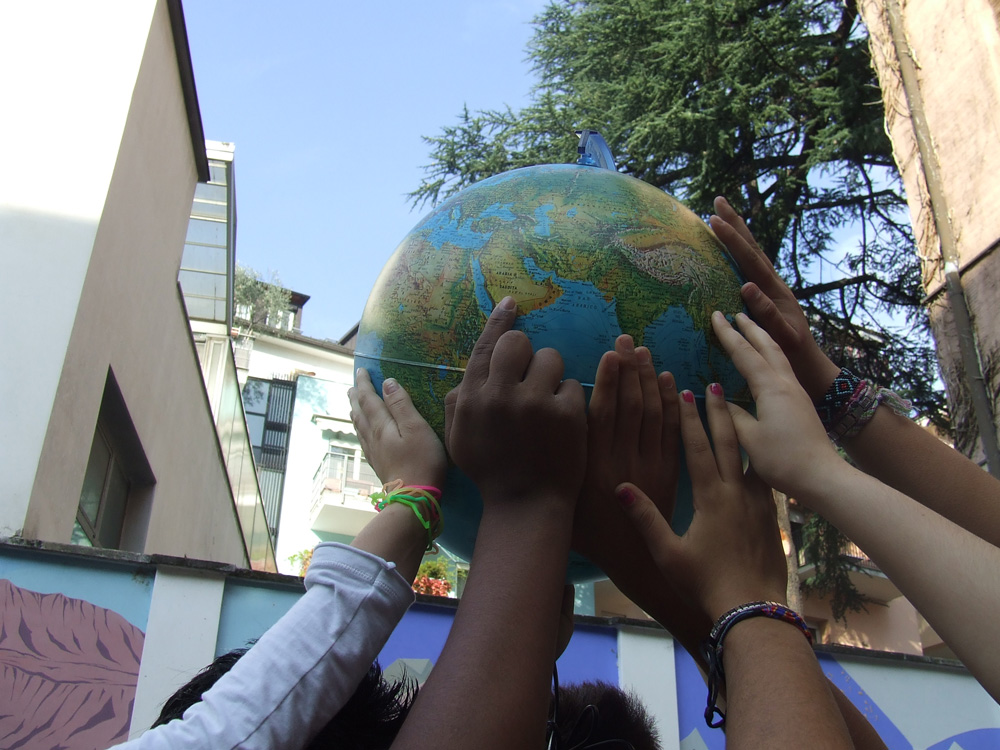What?
What are the values shared by different systems of thought, both secular and religious? And how can they influence our perception of the “other”?
These issues were addressed by students and teachers from around 25 schools involved in the project Pubblicizziamo I Valori Comuni (Let’s advertise the Common Values). The students’ reflections were gathered together in the creation of real artistic products: postcards, comic strips, videos and bookmarks of Common Values.
How?
Even though the different systems of thought transmit moral values and codes of conduct that help to promote a dialogue and participation, often a real integration is made harder by false knowledge, worries and fears rooted in different cultural systems. How do we facilitate communication in the field of values in a multicultural and multi-religious society?
The principle objective of the project has really been to encourage the children to reflect on the fact that the different religions, and all the secular concepts, share moral values of whose understanding can promote mutual respect and a social bond.
In order to do this “Pubblicizziamo I Valori Comuni” uses materials made in the European project “Common Values” in which five different common issues of significant importance were identified: love and forgiveness, non-violence, mutual respect, generosity, anti-discrimination. Four writers of international accolade (Pascale Fonteneau, Thomas Gunzig, Carl Norac, Abdourahman Waberi) were thereafter involved in the drafting of the five narratives used in the classes: L’appello by Pat Masioni, La riserva by Titi Faustin, Hisham e Isotta by Simon Pierre Mbumbo, Se mi segui intorno al mondo… by Fifi Mukuna e Compito a casa by Chrisany.
In addition, the project has been successfully integrated into the cross-curriculum framework involving different disciplines in the analysis of the issues addressed in the workshop giving for a wider educative perspective.
Unusually the workshops by “Pubblicizziamo I Valori Comuni” are not solely directed at teachers of a particular discipline but involve the greatest possible number of teachers making them a point of reference for a modern intercultural teaching that cuts across various subjects.
The part of creative reworking is always the most valued by the students who, with the support of an artist, worked on a comic strip, on image advertising and on the various teaching materials offered. At the end of the workshop different graphic compositions were produced, from comic strips to postcards and cartoons with messages of openness and acceptance with respect to new cultures.





